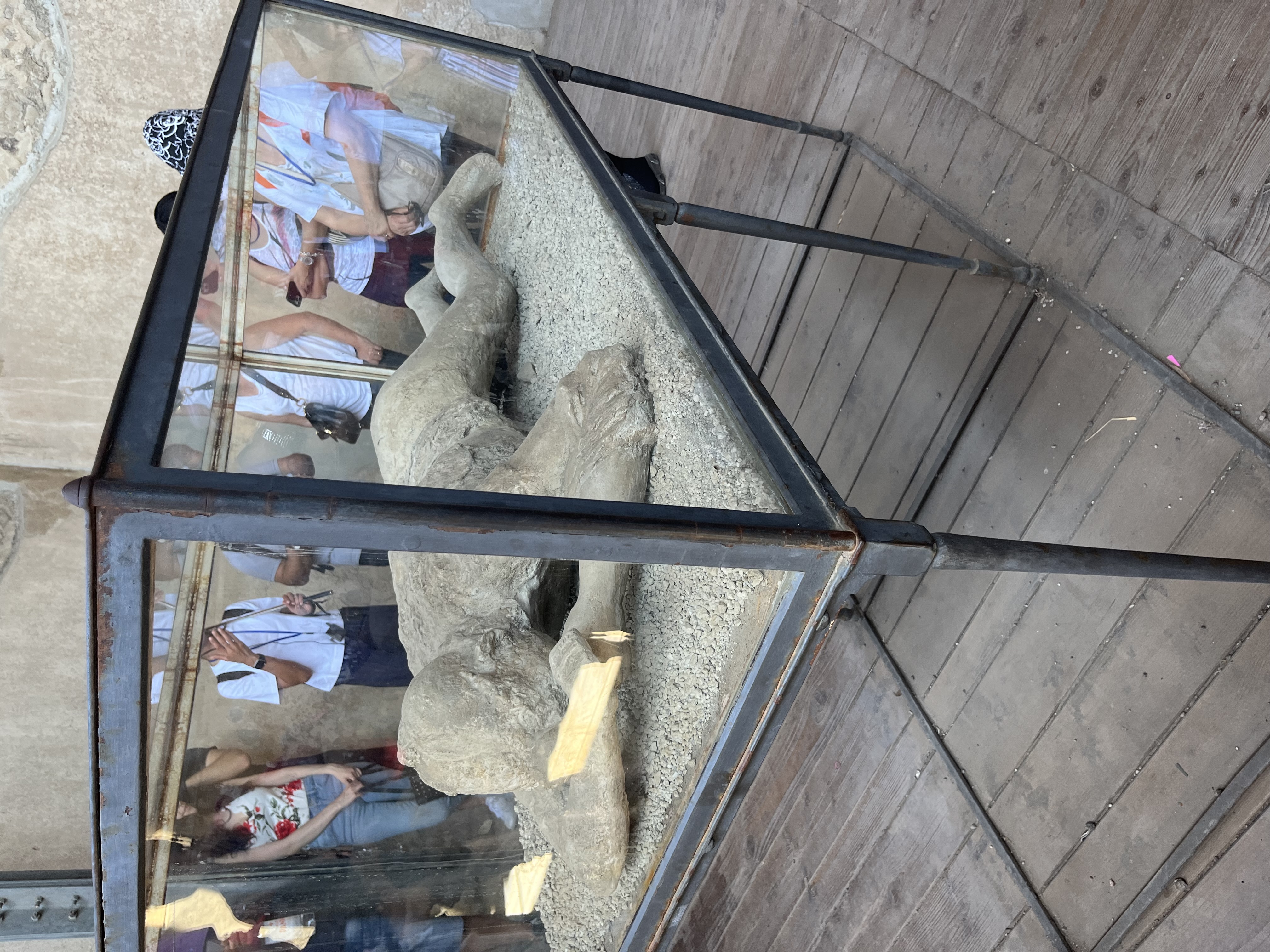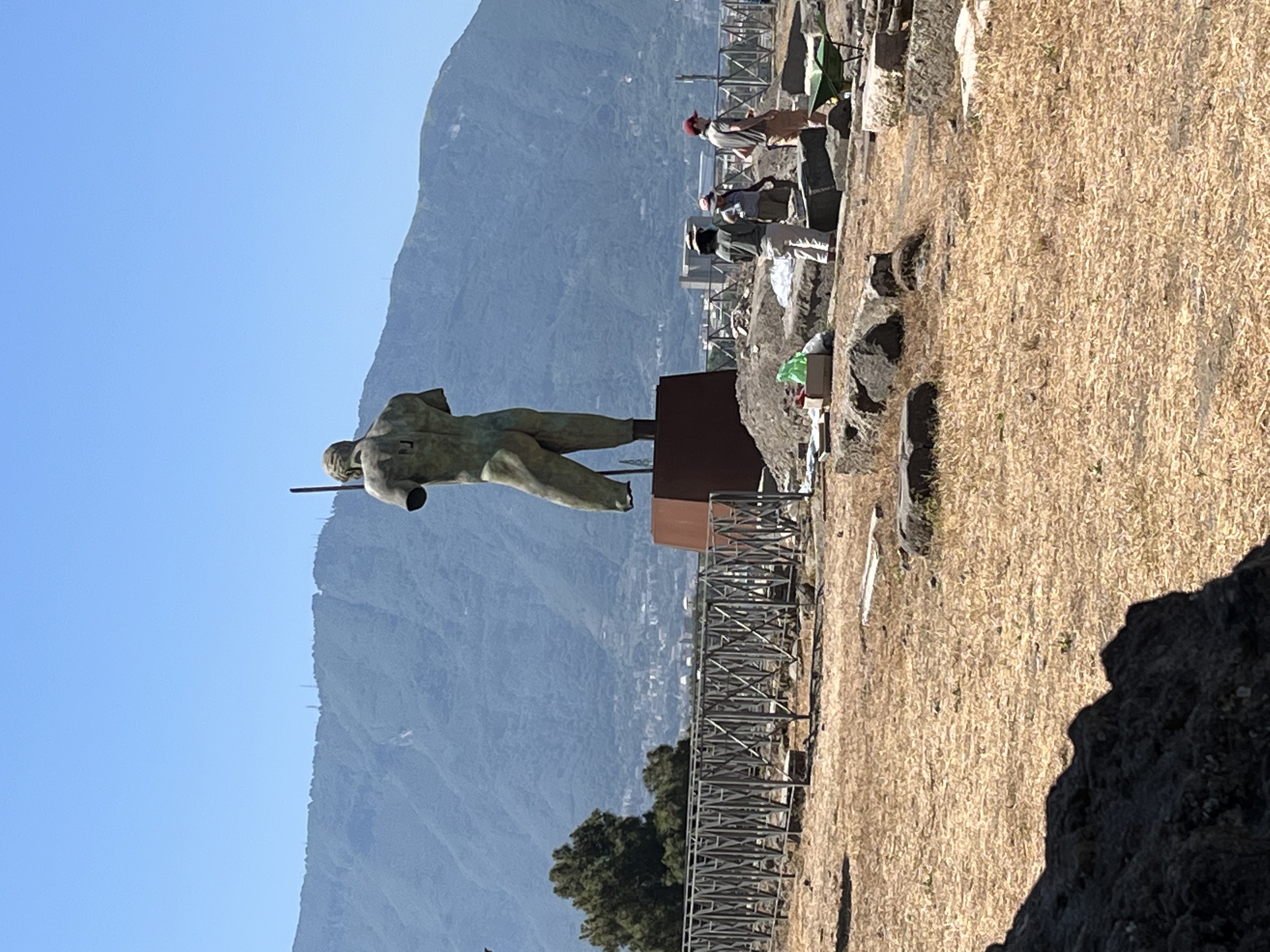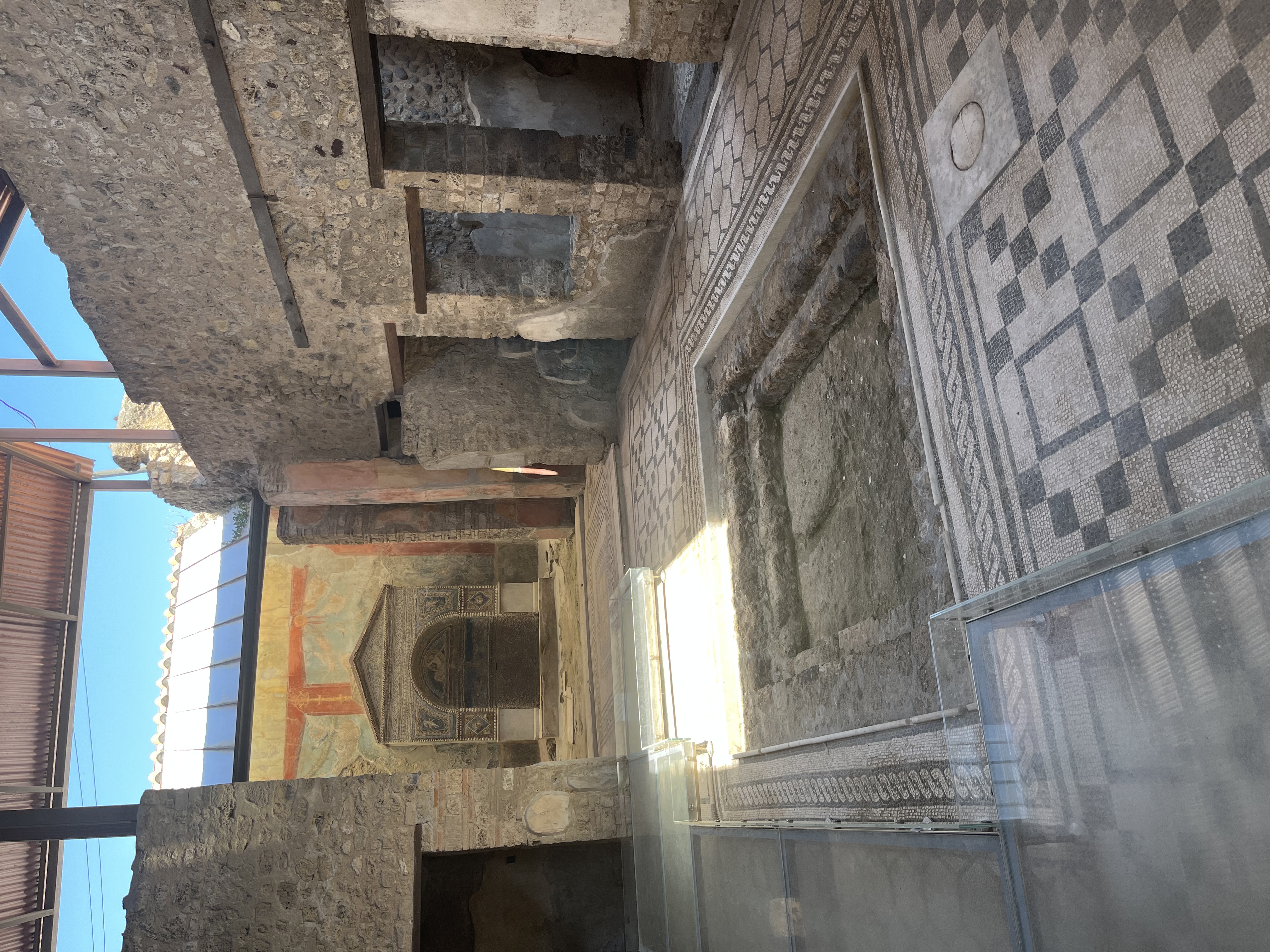2.1.7.2: Raccontare delle storie al passato
- Page ID
- 195285
|
Oprah ha deciso di prendere il treno e visitare la città di Pompei. Pompei era una grande città ai tempi degli antichi romani, ma è stata distrutta da un'eruzione vulcanica. Il vulcano Vesuvio è molto vicino. Oprah arriva a Pompei e ha prenotato un tour. Una guida l'aspetta. Guida: "Buongiorno signora! Ha mai visitato Pompei?" Oprah: " No, non sono mai stata qui." Guida: "Benissimo. Andiamo ci sono molte cose da scoprire. Voglio raccontare questa storia: La sera del 24 ottobre, Plinio il giovane, uno scrittore, era con suo zio, Plino il Vecchio, su una nave romana che era sul Golfo di Napoli. Plinio ha descritto cosa ha visto. Una grande colonna di fumo è uscita dal Vesuvio, la terra è iniziata a tremare. Tutti scappavano. Suo zio è sceso dalla nave per aiutare donne e bambini, ma improvvisamente una pioggia di ceneri ha investito tutti. Plinio il giovane è andato a rifugiarsi dentro la nave. La nave è partita ed è andata al largo. Purtoppo quando è tornato, tutto era distrutto e anche suo zio è morto.
|
|
In this section, you will learn how to use l'imperfetto to describe past states, settings and background actions.
Listen to the audio clips that follow on this page to hear the Italian pronunciation of vocabulary and examples presented.
Studiamo !
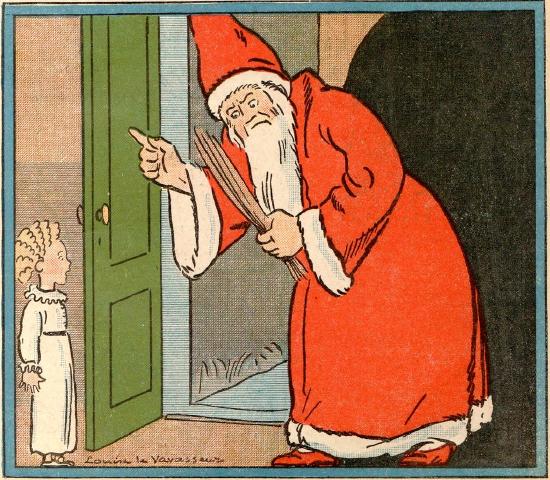 "Pere Noel" by pilllpat (agence eureka) is marked with CC PDM 1.0
"Pere Noel" by pilllpat (agence eureka) is marked with CC PDM 1.0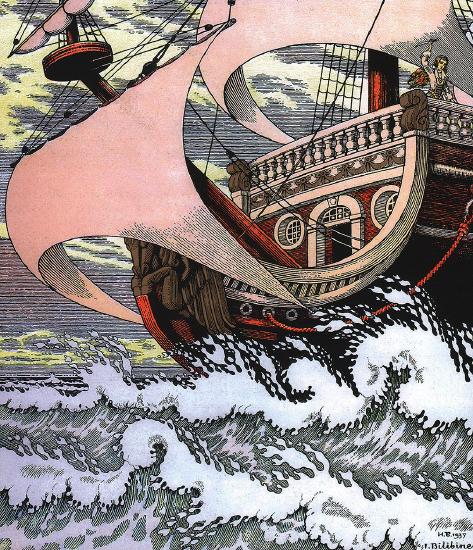 Ship at Sea 1937." by Halloween HJB is marked with CC0 1.0
Ship at Sea 1937." by Halloween HJB is marked with CC0 1.0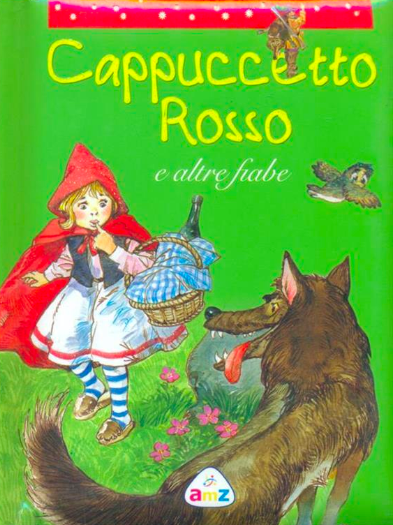
L'imperfetto is used to describe situations, states, and conditions that were ongoing in the past, with no definite beginning or end, like actions that are part of a setting or background.
The imperfect is used to describe actions that were in progress at some time in the past. It can thus be used to describe the setting or background actions occurring while other specific and isolated actions (expressed with the passato prossimo) occur.
In English, the use of the imperfect is often expressed with: "was, were" + doing something. For example, "They were eating when...."
Esercitiamoci !
Attività A
Il nonno ricorda la sua infanzia. Il nonno di Thomas racconta i suoi ricordi. Completa queste frasi all'imperfetto per sapere cosa dice.
1. Io (vivere) in campagna in una piccola casa.
2. Noi (non avere) molti soldi, ma noi (essere) felici.
3. I bambini (nuotare) nel fiume vicino alla casa.
4. Io (condividere) una stanza con mia sorella.
5. I miei genitori (lavoro) molto.
6. Noi (cantare) canzoni tradizionali.
7. Io (voglio) essere un giocatore di baseball.
8. Tutti (sapere) pescare.
9. Si (coltivare) le verdure nell'orto.
10. Noi (mettersi) i nostri vestiti nuovi la domenica.
Attività B
Descrivi le azioni in progresso e le azioni evento. Quando eri un bambino, cosa facevamo quando ... e?
1. Era il tuo compleanno. Era il mio compleanno nel 2010 e mi sono rotta una mano.
2. Era una festa nazionale.
3. Era una celebrazione culturale o religiosa.
4. Era la grande vacanza.
5. Era la nascita o la morte di un parente stretto.
Pensate alle seguenti domande:
1. Che giorno era oggi?
2. Com'era il tempo ieri?
3. Cosa faceva la gente?
4. Che cosa volevamo fare?
5. Come ti sentivi?
6. A cosa stavi pensando?



